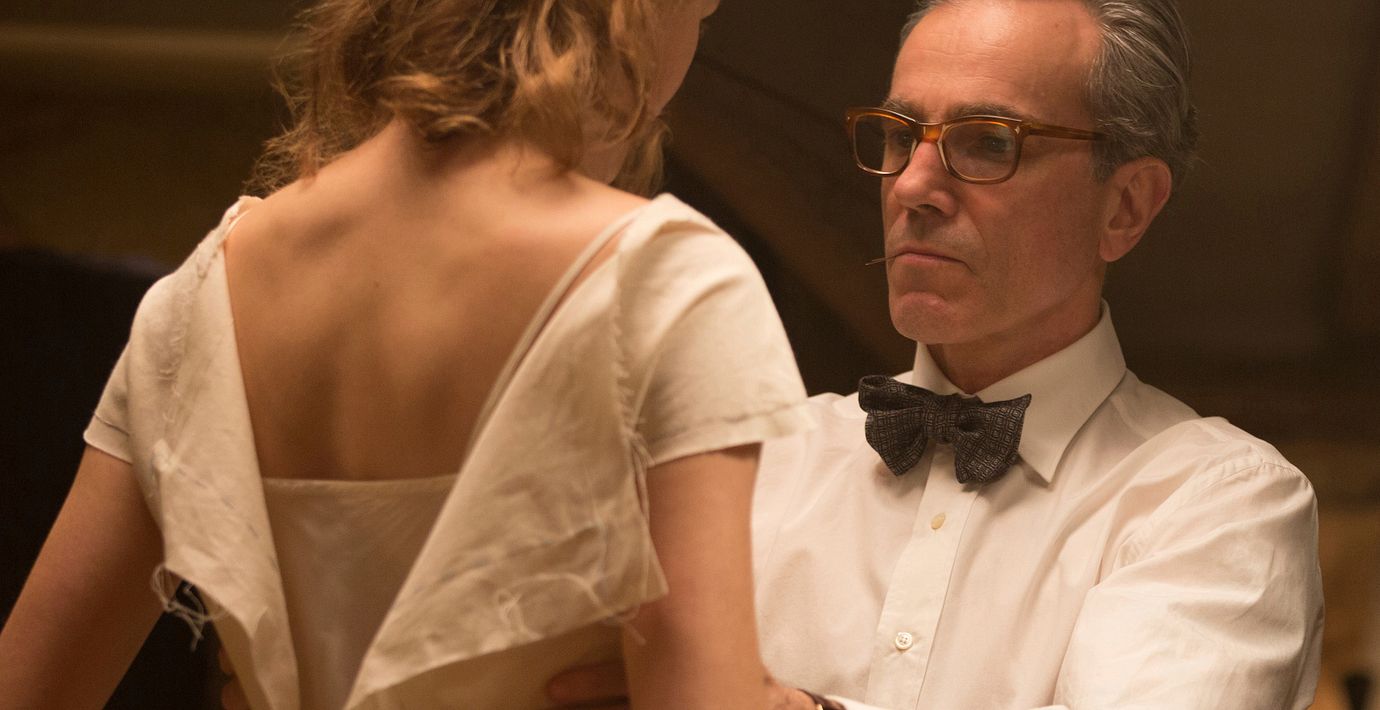bakgrund
Paul Thomas Anderson
Wikipedia (en)
Paul Thomas "P. T." Anderson (born June 26, 1970) is an American filmmaker. In 1993, he wrote and directed a short film titled Cigarettes & Coffee on a budget of $20,000. An alumnus of the Sundance Institute, Anderson made a deal with Rysher Entertainment to direct his first feature film, the 1996 neo-noir crime thriller titled Hard Eight.
Anderson received critical and commercial success for his film Boogie Nights (1997), set during the Golden Age of Porn in the 1970s and 1980s. His third feature, Magnolia (1999), takes place over a single day in the San Fernando Valley, following the interconnected lives of several characters in search of happiness and resolution. It received strongly positive reviews despite struggling at the box office. In 2002, the romantic comedy-drama Punch-Drunk Love, Anderson's fourth feature, was released to generally favorable reviews.
The epic drama There Will Be Blood (2007), set in the late 19th and early 20th centuries, centers on a silver miner's efforts to capitalize on the Southern California oil boom. Released after a five-year absence, it garnered wide acclaim from critics. Anderson's sixth film, the drama The Master (2012), was released to critical acclaim. His seventh film, the crime comedy-drama Inherent Vice, based on the novel of the same name by Thomas Pynchon, was released in 2014, to somewhat polarized reviews, but acclaim from some critics. His eighth film, Junun, is a documentary about the making of an album of the same name. Phantom Thread, which reunited him with There Will Be Blood star Daniel Day-Lewis in his final film peformance, was released in December 2017.
Anderson has been nominated for eight Academy Awards over the course of his career, while his works have earned a further 25 Academy Award nominations and two wins for cast and crew. There Will Be Blood has been named by several critics as the best film of the 2000s. It later ranked, along with The Master and Inherent Vice, in the BBC's 100 Greatest Films of the 21st Century.

